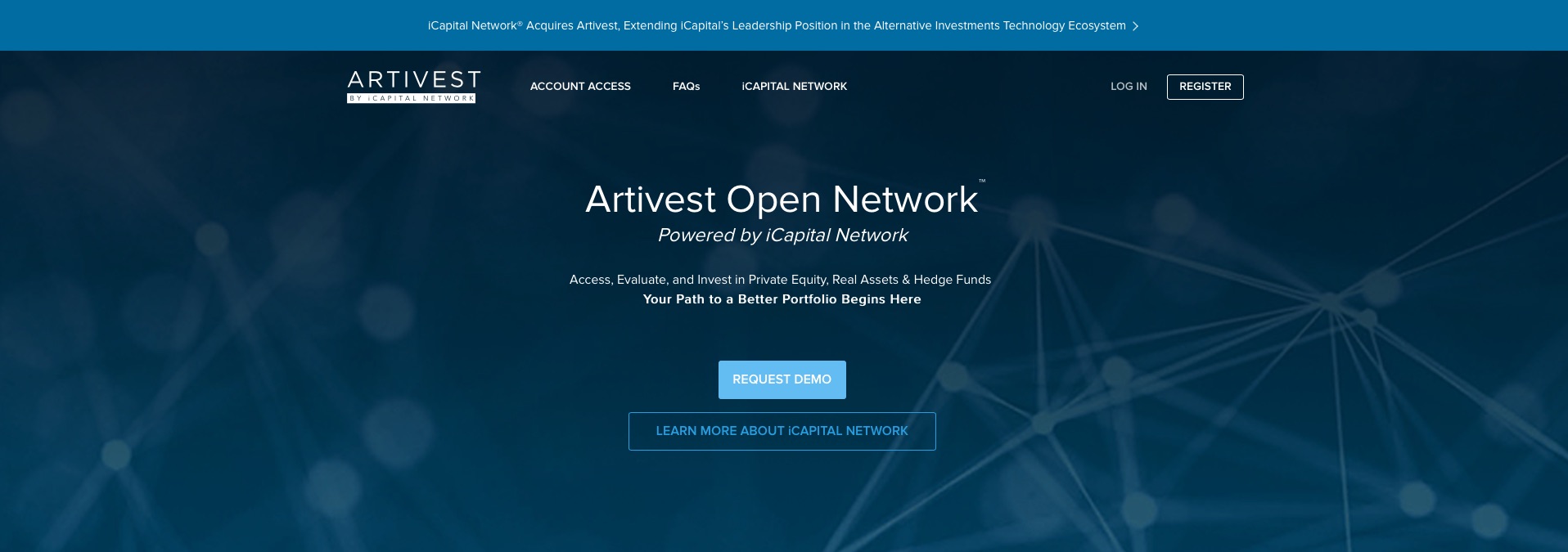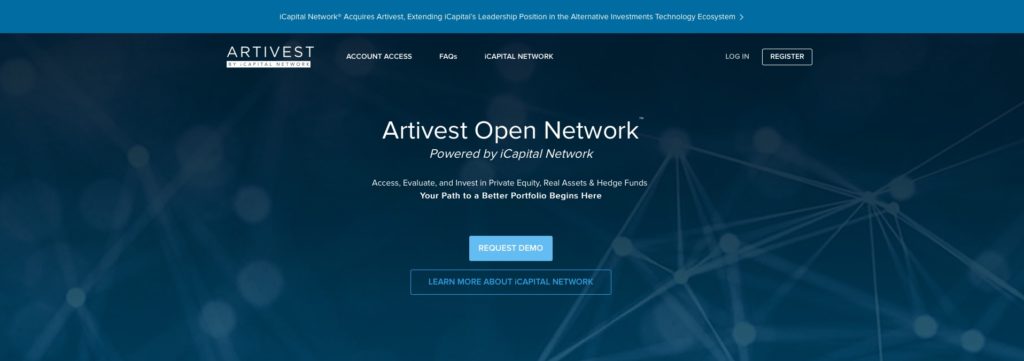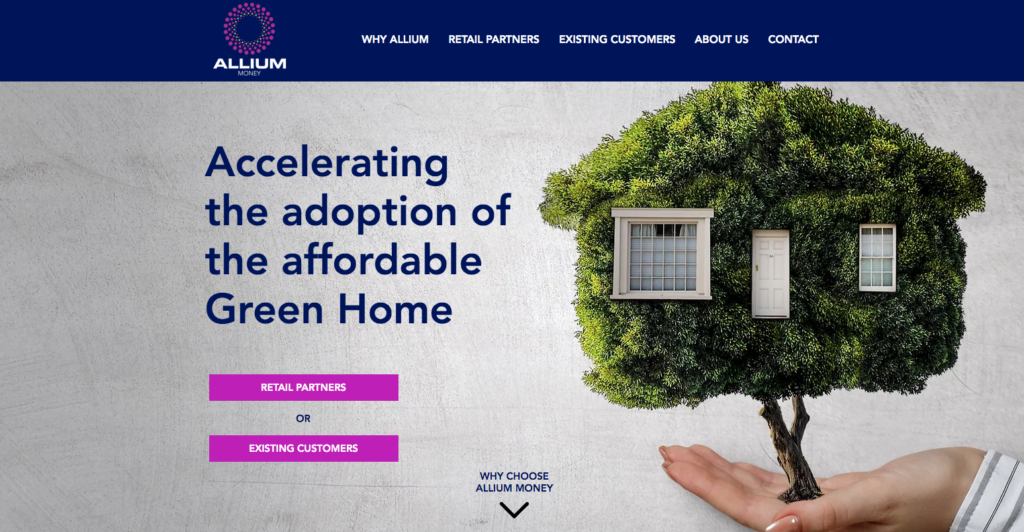
Lending and marketing automation platform CuneXus announced this week it has agreed to an acquisition by CUNA Mutual Group. Terms of the deal were not disclosed.
CUNA began its relationship with CuneXus in 2017 when its venture capital entity, CMFG Ventures, became an early-stage investor in the Santa Rosa, California-based company.
“We are continuing our journey into a more diverse, digital-first world,” said Robert N. Trunzo, president and CEO of CUNA Mutual Group. “Our company is committed to using technology to enhance consumers’ access to financial solutions that work for them and create a more equitable financial system and society. This is a top priority for all of our core businesses.”
CuneXus works with more than 140 financial institutions to help lenders maximize customer relationships by offering turn-key access to its application-free consumer lending tool, cplXpress. The company helps banks offer pre-approved, “click-to-accept” consumer loans to customers that are personalized to appear where and when they need them.
“CuneXus is on a strong growth trajectory, and adding their expertise and product solution to our company portfolio allows us to maximize its growth potential and enhance our long-standing efforts to make a brighter financial future accessible to everyone,” Trunzo added.
Founded in 2008, CuneXus has raised $6.7 million.
“We are genuinely excited to join the CUNA Mutual Group family,” said CuneXus CEO Dave Buerger. “Our capabilities and culture align very well, and we believe we can greatly enhance CUNA Mutual Group’s digital evolution in the lending space.”
Photo by Austin Distel on Unsplash
























